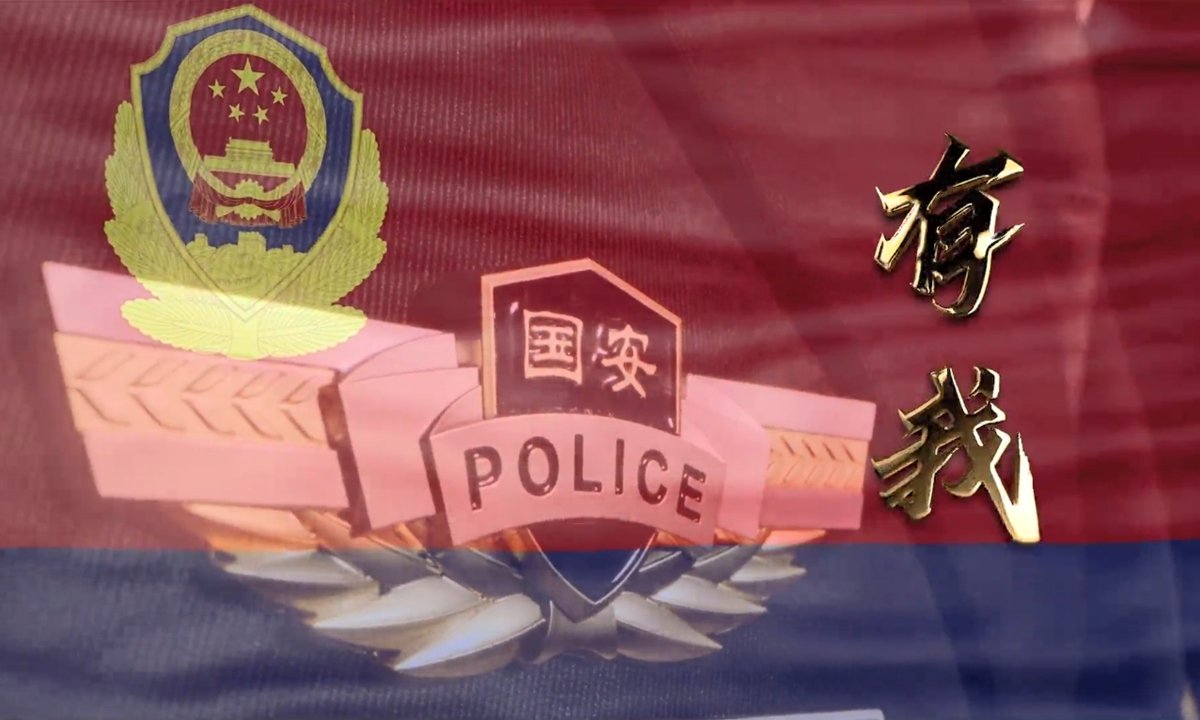The recent actions of China’s Ministry of State Security (MSS) to establish a presence on Chinese social media platforms, initiate a channel to report suspected spy activities, and the release of a video highlighting major events such as the 2019 Hong Kong riots and the return of Huawei’s Meng Wanzhou, has led to the United States voicing apprehensions. The US is notably concerned about what it perceives as China’s efforts to involve all sectors of society in counterintelligence and espionage prevention, an interpretation which experts argue is both defamatory and misinformed.
As China grapples with an increasingly intricate counter-espionage landscape, notably due to heightened efforts by the US-led West to infiltrate other nations and incite “color revolutions,” experts suggest it is crucial to bolster the vigilance of Chinese citizens against suspected espionage activities and fortify their understanding of national security. They further emphasize that the mobilization of society in counter-espionage isn’t tantamount to “urging citizens to spy on one another” or instigating “a widespread movement to capture spies.” Linking counter-espionage endeavors with the openness of the Chinese market is seen as a significant misdirection by the West. Experts stress that there is no contradiction between anti-espionage and an open market, and China’s nationwide campaign against espionage provides reassurances to potential investors in the country.
Notably, after the MSS launched on WeChat, inviting the entire society to contribute to counter-espionage efforts, the agency publicized comprehensive guidelines on reporting suspected spy activities and underscored the importance of penalizing espionage while protecting human rights. In response, the US expressed unease over China’s call for its citizens to join counter-espionage work and mentioned monitoring Beijing’s “expanded anti-spying law” closely.
Matt Miller, a US State Department spokesperson, expressed concerns over China’s approach, which he interpreted as encouraging citizens to spy on one another. This interpretation, however, was dismissed by Li Haidong, a professor at China Foreign Affairs University. Li argued that China’s goal is to encourage its citizens to stay vigilant against espionage and report suspicions, which is distinct from spying on each other. He also criticized the US for its evident double standards on the issue, pointing out the country’s history of mass surveillance and widespread McCarthyism in the 1950s, which involved a nationwide hunt for spies. Li added that a similar trend is resurfacing in the US concerning China-related matters, undermining a healthy society.
Some experts pointed out that the recent US reaction towards China’s counter-espionage efforts, coupled with stereotypical interpretations in some US media, reflects the defensive response of a “thief afraid of being caught.” They argue that the overreactions of the US government and certain media outlets, particularly those with anti-China sentiments, towards China’s regular anti-espionage activities reveal ill-intentioned motives.
William Burns, the CIA director, recently reported that his agency has made progress in rebuilding spy networks in China. In response, the Chinese Foreign Ministry announced that China will take all necessary steps to robustly protect its national security.
Shen Yi, a professor at Fudan University, asserted that mobilizing all sectors of society in counter-espionage is a standard practice. He cited the USA Patriot Act, which was established after the 9/11 terrorist attacks and encouraged the public to participate in anti-terrorism activities. Shen further highlighted that intelligence plays a crucial role in the strategic competition among nations.
In an attempt to raise public awareness, the MSS released a video on their official WeChat account, entitled “With Me,” which demonstrated how the authority safeguards national security. Scenes from the social turmoil in Hong Kong in 2019 were recreated, including rioters wearing black masks and wielding hammers, individuals brandishing Molotov cocktails, and streets aflame with debris. The video also reconstructed a scene at the airport following the return of Huawei senior executive Meng Wanzhou from Canada after three years of house arrest.
Li Haidong observed that the events in Hong Kong in 2019 were largely influenced by significant Western infiltration, which allowed for violent opposition against central and local authorities. He highlighted these events as a stark warning against the potential for such infiltration and “color revolutions.”
Furthermore, some Western media expressed concerns about an expansion of China’s counter-espionage law that took effect in July, which they claim has not only unsettled the US but also foreign companies in China. These companies worry about the potential penalties for regular business activities.
However, experts insist that China’s nationwide mobilization against espionage should reassure those who are eager to invest in China and confident in its reform and opening-up policy. They emphasize that China operates by law and will not wrong an innocent person, nor will it let a spy go unpunished. As such, anti-espionage efforts and openness to foreign investment are not conflicting concepts, but rather essential elements to maintaining long-term societal stability, prosperity, and peace.
Read More:
